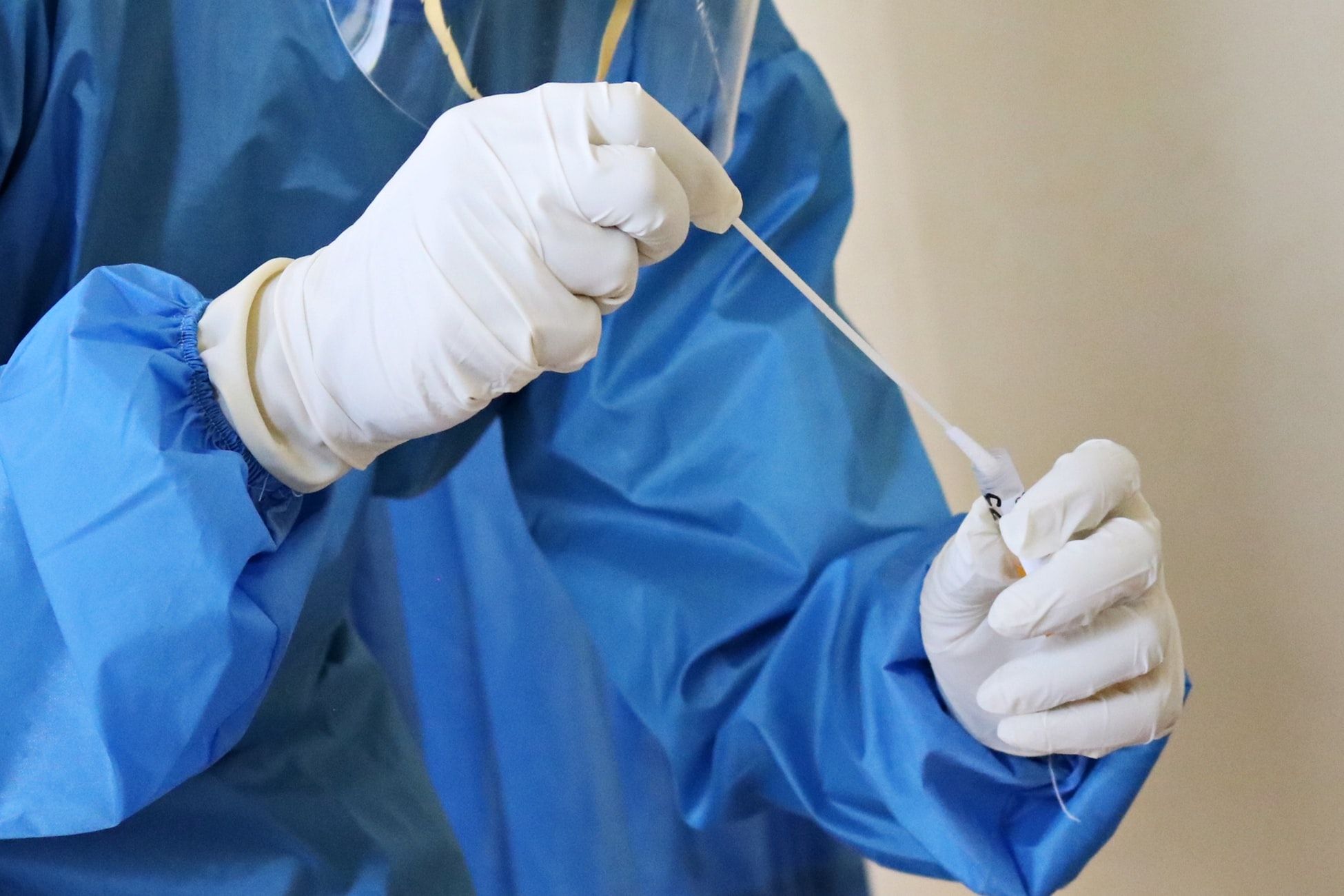COVID-19's Delta Variant is on the rise. Can your vaccine protect you from it? The pandemic is far from over and here is why.
Just as people in different parts of the globe slowly take their face masks off, a piece of nerve-racking news starts to surface: the feared SARS-CoV-2, the virus that causes COVID-19, has a new variant and it is more dangerous than its predecessors.
The Delta variant is one of the 11 SARS-CoV-2 variants that the World Health Organisation (WHO) is closely monitoring. The virus, which is also called B.1.617.2, was first identified in India in December 2020. According to COVID Expert Dr Maria Van Kerkhove, there are already 96 countries with Delta variants as of July 2021. "We expect that the Delta variant will continue to spread. And we know that where the Delta variant is identified, it really rapidly takes off and spreads between people more efficiently," she said.
How vulnerable are we to the new variant? Are vaccines effective against it? Will this prolong the pandemic? In this article, Tatler gathers all the answers to your questions.
Read more: The SARS-CoV-2 B1617 Is "A Variant Of Concern"- WHO
How Did The Delta Variant Spread?
Dr Kerkhove explained that the Delta variant doubled in numbers due to increased social mixing and increased mobility in certain areas. She added that the relaxation of COVID-19 health restrictions and disregard of public and social measures against the disease helped the variant multiply faster.
"There are a number of factors that are contributing to increased transmission around the world. The first are these variants of concern, including the Delta variant. The second factor is that we have increased social mixing and increased social mobility, which increases the number of contacts that individuals have," she said. "The third factor is the relaxation or the inappropriate use of public health and social measures. Proven public health and social measures that we know prevent infections, reduce the spread of somebody who is infected with the virus to others and save lives. And the fourth factor is the uneven and inequitable distribution of vaccines."
Related: The Pandemic Accelerated Online Learning, But It Also Exposed Its Inequalities
How Dangerous Is The Delta Variant?
Doctors and researchers are still learning about the Delta variant, but here are a few of the things they have found so far:
- The Delta variant is more contagious than other SARS-CoV-2 virus strains: The new variant appears to be about 225 per cent more transmissible than original SARS-CoV-2 strains. One study from China concluded that people who are infected with Delta have about "1,000 more copies of the virus in their respiratory tracts than those infected with the original strain."
- Unvaccincated people who are infected with the Delta variant may get sicker: According to recently published research from Scotland, unvaccinated people with the Delta variant are twice as likely to be hospitalised due to the severity of the illness. Additional research is needed to determine whether the new strain causes more illnesses than other variants, but the presence of a higher viral load may be the reason why there are more symptoms among affected patients.


